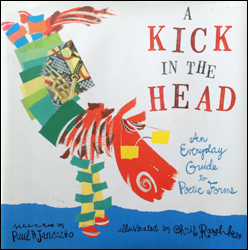
Sheer and utter relief, those are the emotions you experience upon the completion of a story. No matter how short, no matter how long, the writing takes its toll.
I’ve just now finished a piece for this month’s Flash Frontier. Flash Frontier is a great site that supports writers of flash fiction both in New Zealand and internationally. It’s some time since they’ve published anything of mine, but it feels good to be finally getting back into writing after a couple of years off helping a friend with less creative writing work. In fact, for a while, I wondered if I’d ever be able to get started again.
Flash Frontier’s theme for March is ‘flora and fauna’. As usual the guidelines are non-restrictive; how you approach the theme is up to the author. This leads to a wide range of stories being submitted for consideration, and once published they make for thought-provoking reading. I think it’s magic that a simple topic can be interpreted in so many different ways.
I started my story the way I always start stories, with the germ of an idea. I’ve mentioned before that when it comes to writing, I’m a ‘pantser‘. This means that I “fly by the seat of my pants,” don’t plan out anything, or plan very little. I’m frequently surprised at where my stories end up. It’s as if the characters have been inside me all along, vying for the chance to share their experiences.
(The other type of writer, by the way, is a ‘plotter’. I think you can figure out for yourself how that kind of a writer works.)
If my story is successful you’ll be able to read it when Flash Frontier’s March edition is published. And if not, there will still be many excellent stories to enjoy. It’s definitely worth checking out every other month.
There’s actually a funny side to this particular project. The fiction published by Flash Frontier generally has a word limit of 250. Occasionally, there is a special 1000 word edition. For some reason I thought the March edition was one of those and I’d been working at shaving the final 10 or so words off my 1000 word version. Then I re-read the submission guidelines. Uh-oh!
It’s such good practice to cull huge chunks of unnecessary words out of a story.











